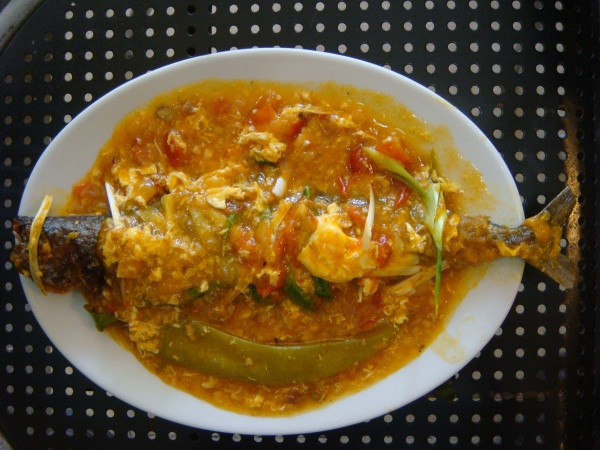Facts About Escabeche
Escabeche is a delightful dish that can be found in Mediterranean and Latin American cuisines. It involves marinating and cooking fish or meat in a tangy mixture, often enhanced with pimentón or saffron. The dish varies depending on the region; for example, in Central and South America, the ingredients might be fried before marinating. This method not only adds flavor but also serves as a preservation technique, keeping the food safe by maintaining a pH of 4 or lower.
In Spain, escabeche is quite popular and has been adapted by other Spanish-speaking countries, including Portugal. In these regions, the dish gains a flavorful kick from ingredients like peppercorns, chilies, and onions. It has also traveled to former Spanish colonies such as the Philippines and Guam, where it remains true to its Spanish roots but utilizes local fish.
Globally, escabeche is typically either poached or fried, then chilled after soaking in a marinade of vinegar or citrus juice. Various types of vinegar, such as white vinegar or apple cider vinegar, can be used. It is common to see canned or preserved fish like mackerel, tuna, or sardines prepared this way. Importantly, the marinade is not limited to fish; it can also be used on foods like cassava, green bananas, or chicken gizzards, depending on the region.
The word "escabeche" has Persian origins, brought to Spain by the Arabs during the Umayyad conquest. It derives from "al-sikbaj" which refers to a sweet-and-sour meat dish cooked with vinegar, honey, or date molasses. This cooking method began in Mediterranean countries and spread to places like the Philippines and Latin America. Spain and Portugal likely encountered this dish during the Moorish conquests between 790 and 1300 AD.
In Jamaica, there is a similar dish called escoveitch fish, marinated in a zesty sauce made of vinegar, onions, carrots, and Scotch bonnet peppers. It is often enjoyed as a traditional breakfast. In Italy, Greece, and North Africa, variations of escabeche are known as escabecio, savoro, or scabetche, each with its own local twist.

 Belize
Belize